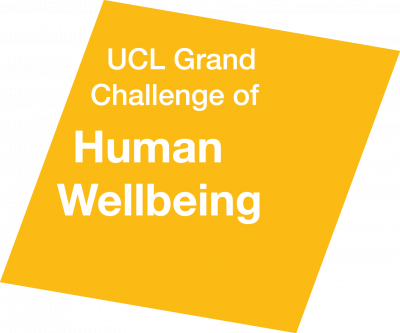Understanding behaviour in response to disaster warning
A project that identifies what factors influence an individual's adoption of safety-seeking behaviour, with a focus on the 2011 and 2022 tsunami and earthquake warning in Japan.

1 September 2022
The project sought to examine the factors that influence an individual’s adoption of safety-seeking behaviours during a disaster warning. In March 2023, several small group focus groups were held at four sites in Miyagi, Japan. These were held in areas affected by the 2011 Great Eastern Japan Earthquake and Tsunami and within the warning area of the March 2022 tsunami. Following analysis of the focus group discussions, an online questionnaire was designed and released to residents in the area. The focus groups and questionnaires focussed on risk perception and behaviours in response to tsunami warnings and occurrence.
From the focus groups, it was clear that the 2011 Great East Japan Earthquake and Tsunami dominated the local’s perceptions of earthquake and tsunami events. There was a perception that people felt safer now than they had previously felt before this event. This was a common feeling whereby people underestimated the risks associated with an event until they experienced it. There was a lack of ‘survivorship bias’ in the sample.
The findings have led to an ongoing project which seeks to confirm the robustness through a quantitative study. Dr Faure Walker and Dr Harris will evaluate several hypotheses directly derived from the focus groups, including:
- People remember more of the 2011 disaster than the 2022 event, as it dominates thoughts.
- People’s risk perceptions are rationally based upon whether precautionary measures exist (e.g., tsunami buffer zones put in place, sea walls built).
This project additionally informs the Japanese collaborator’s understanding of the relationship between objective protective measures and the public’s perception of them.
Together with the local partners in Japan, it is being discussed how to disseminate the findings with the local authorities and disaster management teams.
 Close
Close


